Flat Jane Austen in Rhode Island :
In which she learns of rogues and rebels!
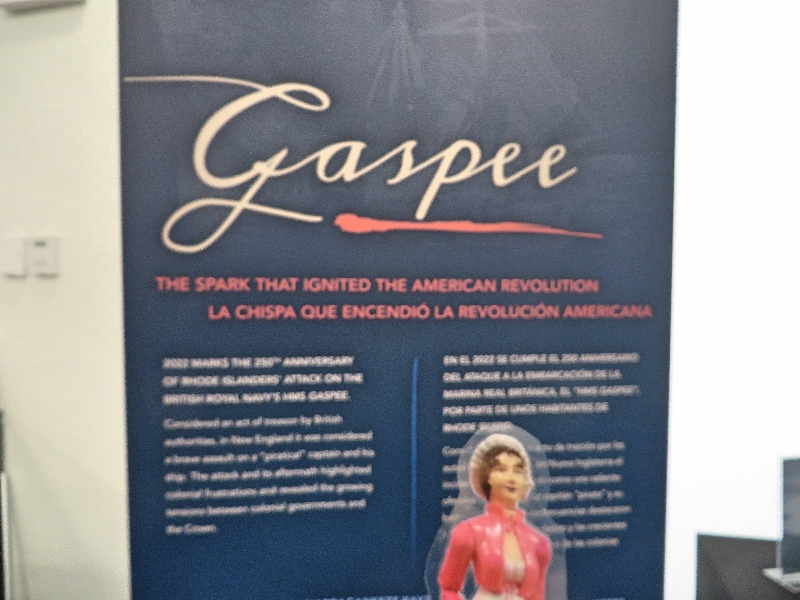 |
| The Gaspee: The spark that ignited the American Revolution |
June 9, 18__
My dearest friends,
Do you recall the incident I mentioned when the rebels who refused to pay taxes burned one of our Royal Navy ships? Today the town historian endeavors to explain it to me. "Tis not so simple as a matter of
After we defeated the French and Indians in the Seven Years War, Britain added a vast swath of new territory to the North American colonies and levied new taxes and enforced old ones on the Americans to pay off war debts. Remember that Rhode Island charter that gives Rhode Islanders the right to self-government? They seemed to think that gave them the right to avoid taxes! Many of the merchants were free-traders, smuggling rum and molasses into the colony!
The King sent more royal navy ships and parliament passed more laws, angering the colonists. The Sugar Act and Stamp Act were repealed but Parliament then passed the Declaratory Act which claimed the right to legislate for the colonies.
All right I can see why that would infuriate those used to self-government, however, these rogues in Rhode Island misbehaved and therefore, their rights were taken away.
By February of '72, the new Royal Navy inspectors were in place in Rhode Island waters. One Captain Dudingston seized a trading vessel known as the Fortune because her master, Rufus Greene, refused inspection. The ship, carrying 12 hogsheads of undeclared rum was towed to Newport and then to Boston. This sounds fair enough to me. Rhode Island's Governor Wanton was angry the ship had been taken to Boston, bypassing Rhode Island's Vice-Admiralty court, an act that violated Rhode Island's charter. So-which is the authority? Parliament or the Charter? Is one higher than the other?
The papers fanned the flames and Rhode Islanders talked of fitting out an armed vessel to resist customs seizures. Oh my!
Lieutenant William Dudingston of the schooner Gaspee proceeded to go after Rhode Island ships he suspected contained smuggled goods.
The Rhode Island governor wrote to Lt. Dudingston to express his displeasure at the harassment of his colony's ships and questioned Lt. Dudingston's authority and actions.
Lt. Dudingston argued as Royal Naval Commander, he was not required to present papers to colonial authorities. A nasty letter writing campaign ensued. I am grateful my brothers were but babes. Do they have to deal with such problems now?
I am half agony, half enjoying watching this drama play out in my mind. Is there a play, perhaps, one could see?
Why yes, there is, at the YouTube Theatre, wherever that is.
Lt. Dudingston referred matters to his superior in Boston, Admiral Montagu who threatened to hang as pirates anyone who interfered with the searches. See, I told you I heard there were pirates around!
On the 9 June 1772 the packet sloop Hannah, owned by Mr. John Brown, left Newport for Providence with the HMS Gaspee following. As Captain Lindsay of the Hannah knew the waters, he lured the Gaspee into the shallows and left her adrift on a sandbar, unable to move until the following day.
Capt. Lindsay informed Mr. John Brown of the event. Mr. Brown sent a town crier inviting the men to Sabin's Tavern to discuss the incident and plan to destroy the good English ship.
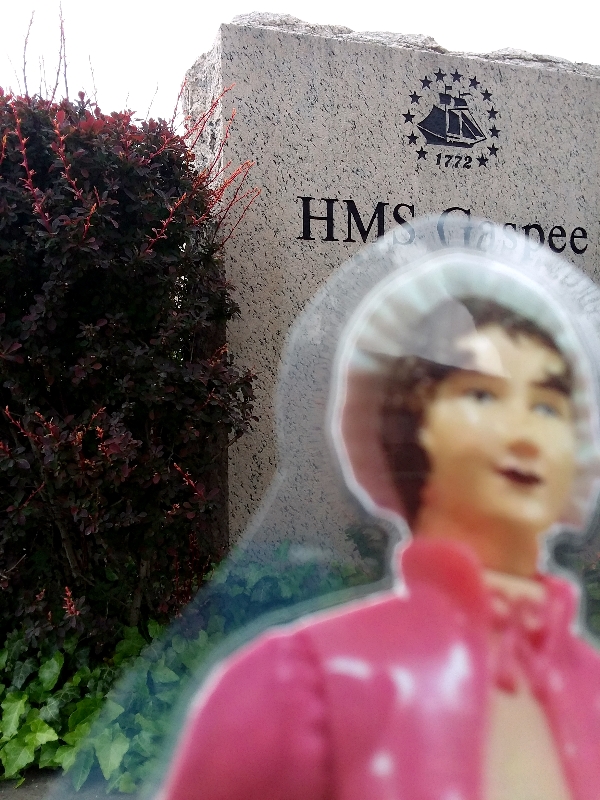 |
| Sabin's Tavern was once here at the corner of South Main and Planet Streets |
One of the rogues, Abraham Whipple, led a small band of Rhode Island men who rowed eight longboats with muffled oars to the stranded ship. They wounded Lt. Dudingston and took him and his crew prisoner and removed to Pawtuxet Village.
Next day, near daylight, the Rhode Islanders set fire to the Gaspee, burning her to the waterline whereupon her powder magazine exploded.
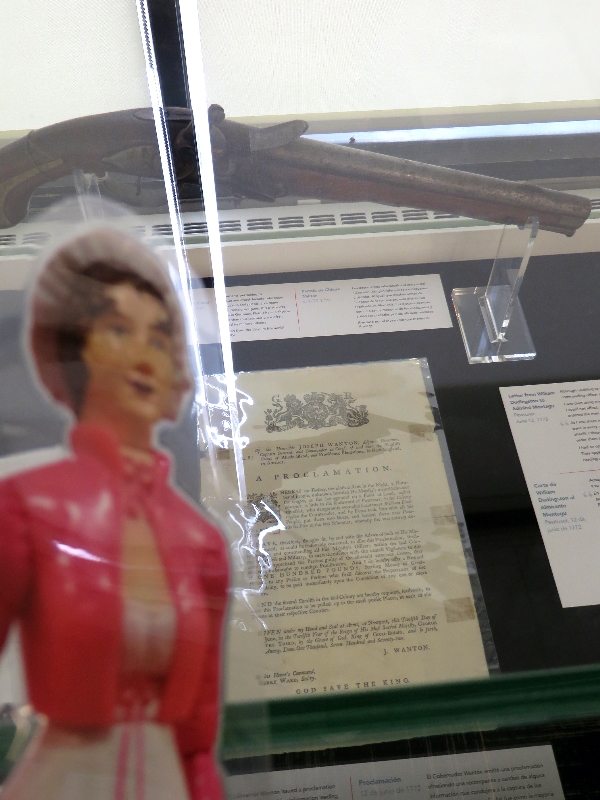 |
| Gov. Wanton issued a proclamation offering |
Testimonies revealed conflicting accounts.
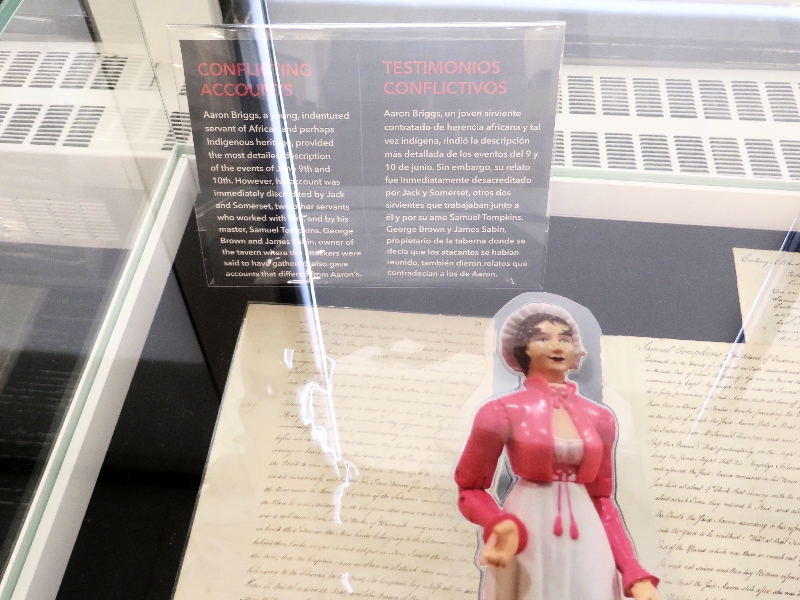 | ||
Conflicting accounts
|
The King was most displeased and wished to punish those responsible. He even offered a thousand pound reward for each informant who could name "the persons concerned in that daring attack on our authority." The perpetrators would be sent to England to be tried. King George named five officials from other colonies to carry out his directive. This was known as the Gaspee Commission.
.
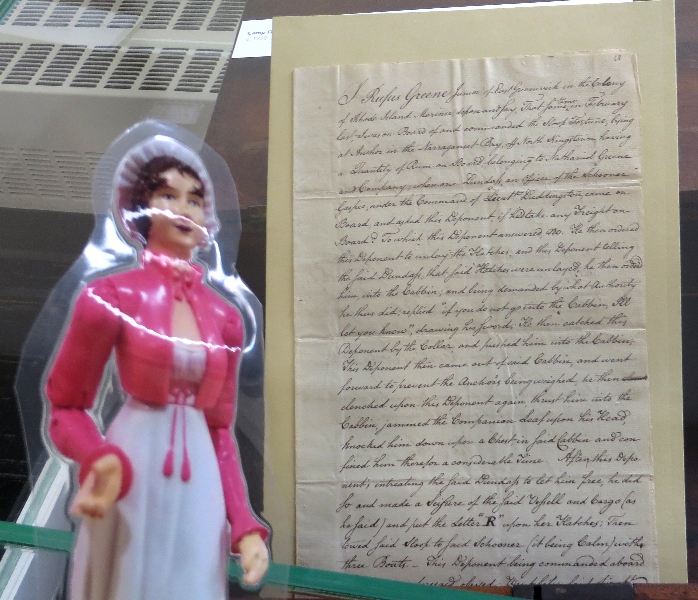 |
| The deposition of one Rufus Greene, owner of the Fortune, seized by Lieutenant Dudingston in the spring of 1772, |
The Commissioners reported to King George that the evidence was contradictory matters and things contained in the deposition did not induce probable suspicion that said persons were guilty.
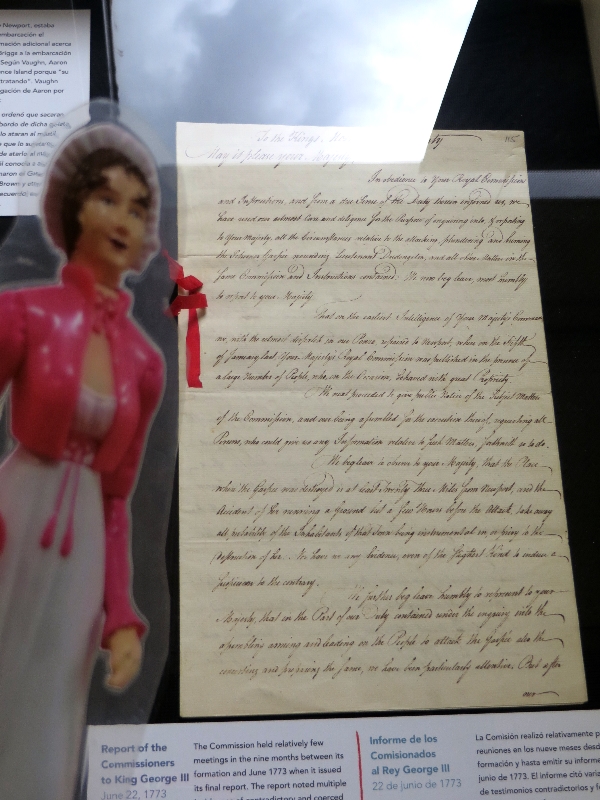 |
| Report of the Commissioners to King George III |
To date, no one has come forward to say for certain who was involved. Everyone seems to have some idea though. I suspect I have met some and their families.
This was an act of treason, the first of many against the Crown. It led eventually to the war for American Independence, which we know we lost.
No wonder poor King George went mad! It was treason! THEY see it as a great event, an opening shot fired at a tyrannical king; an act of resistance. The people risked their lives and freedom to fight laws they felt were unjust. Were they justified? Was it the same when King Charles I was beheaded or King James II deposed? Did we not fight Napoleon to defend our allies and our right to live as free Englishmen? I must think on this matter more.
Yours most sincerely
Jane
What happened next? Check the editor's blog
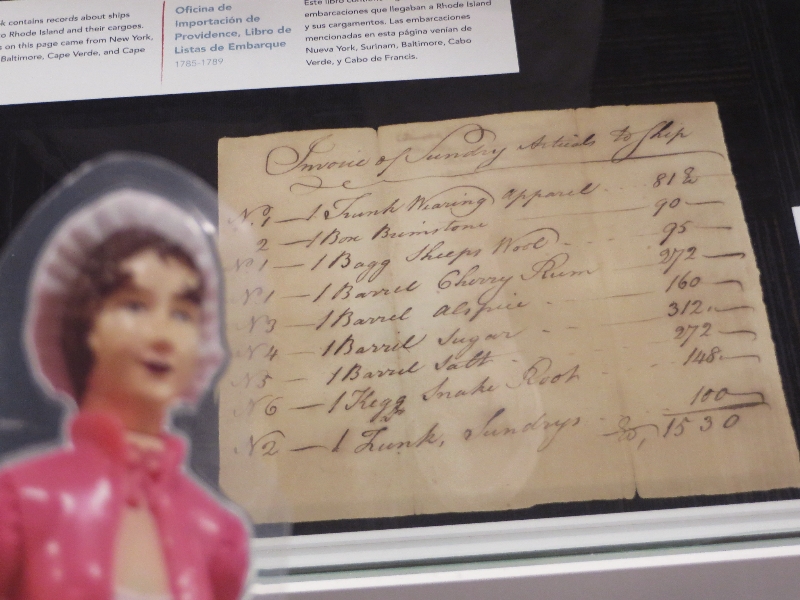
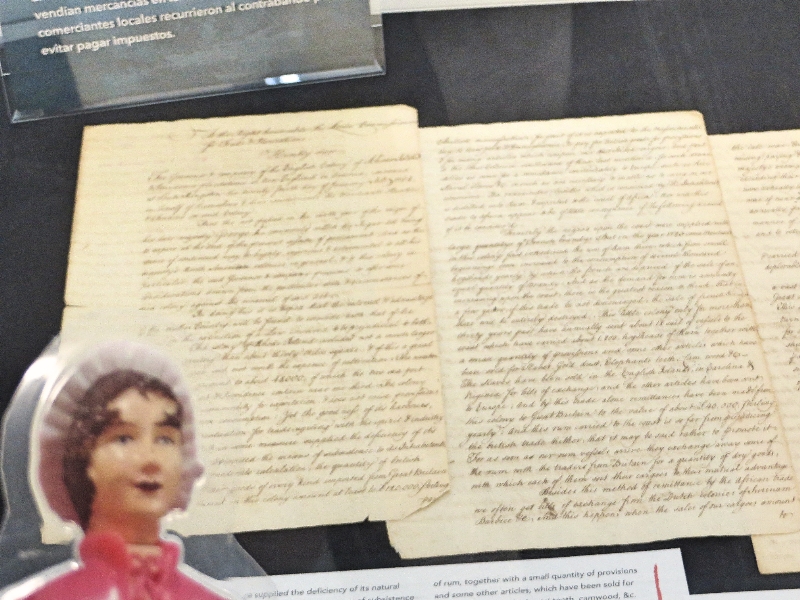
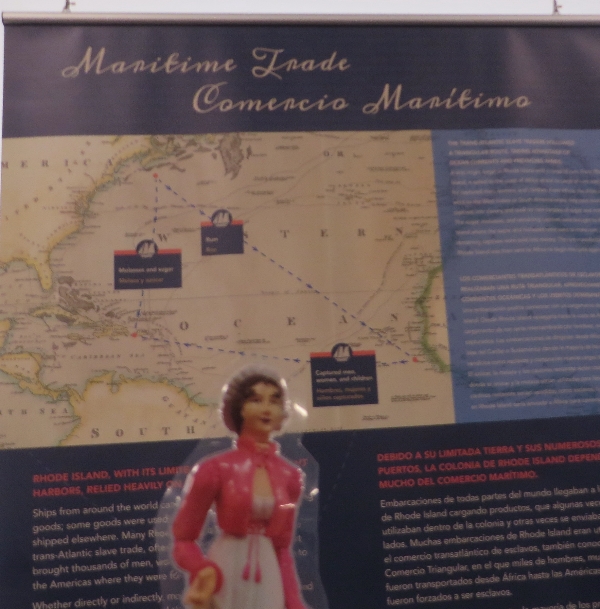
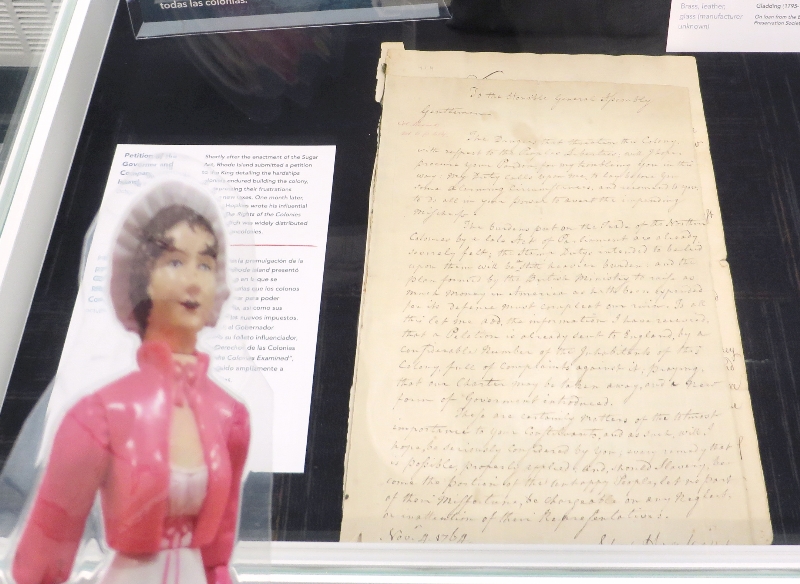

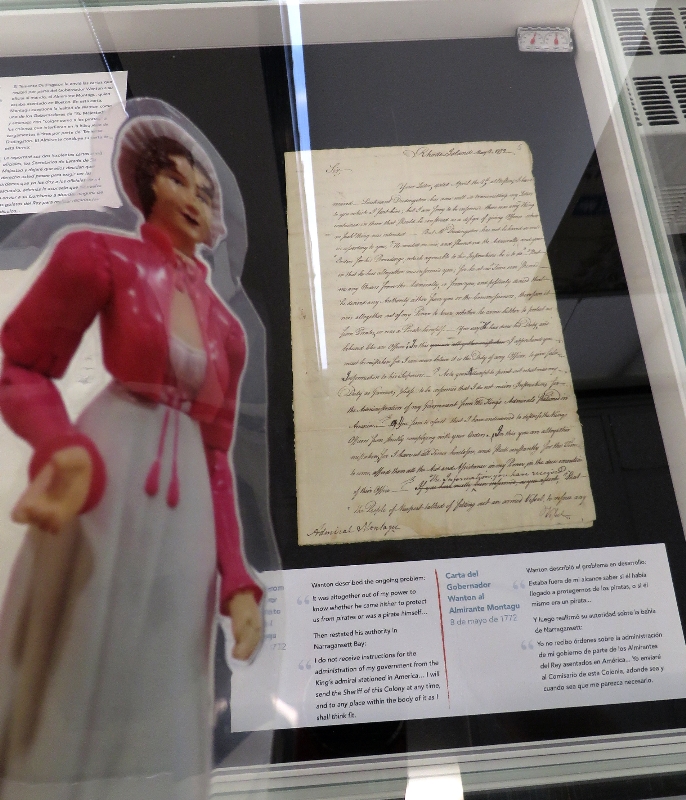

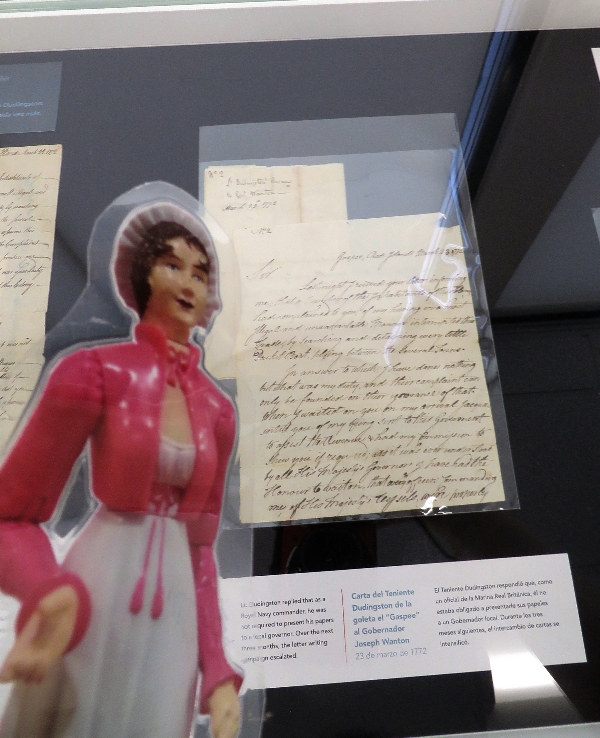

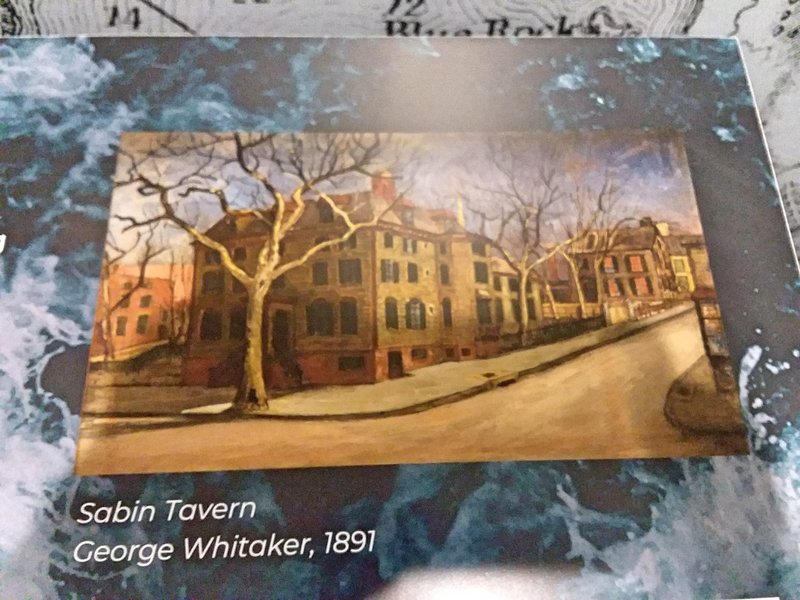
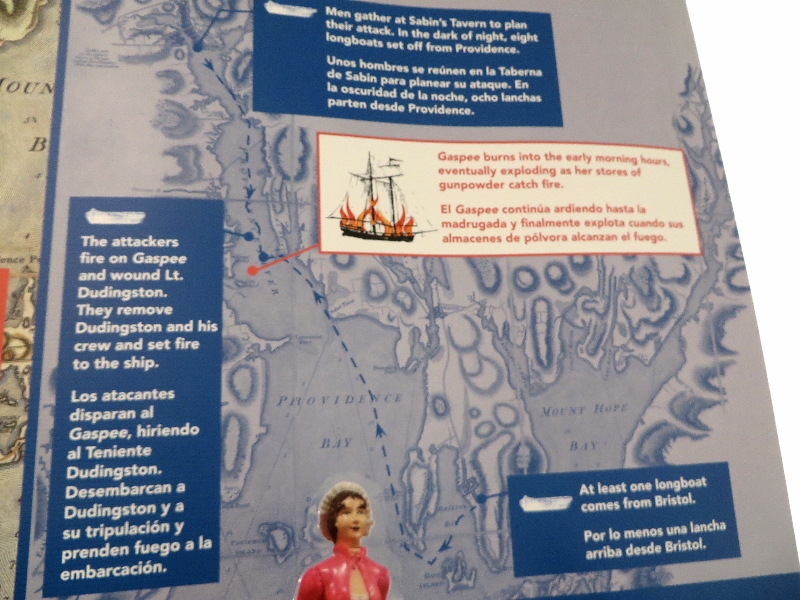

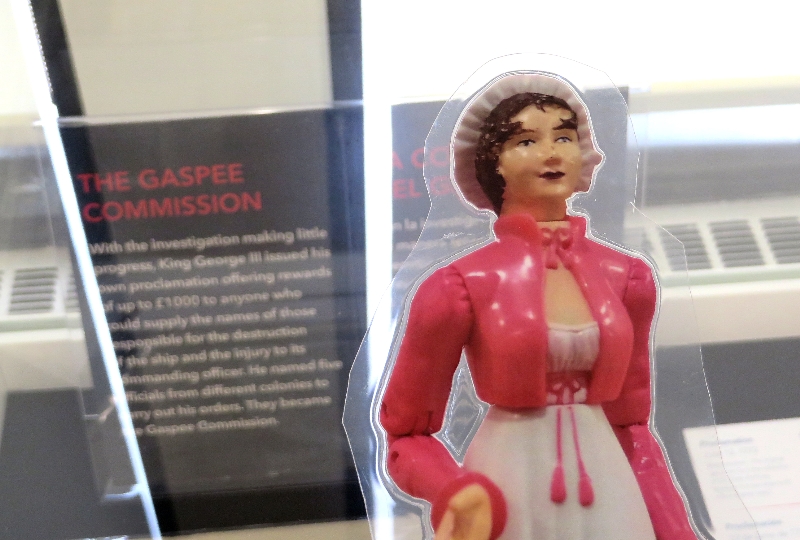
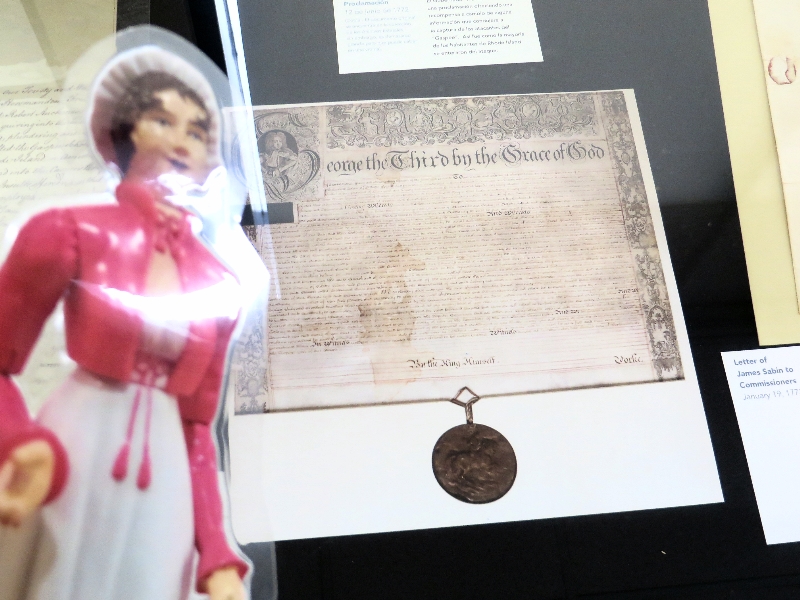
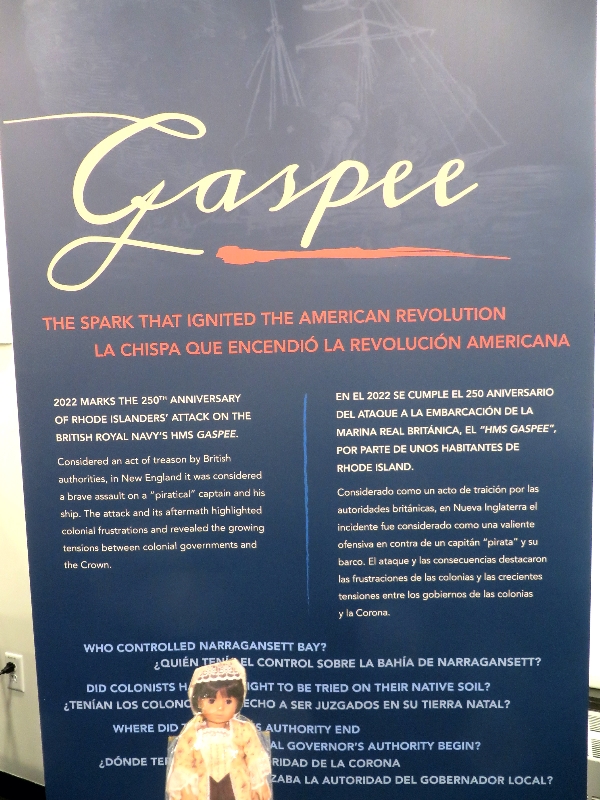

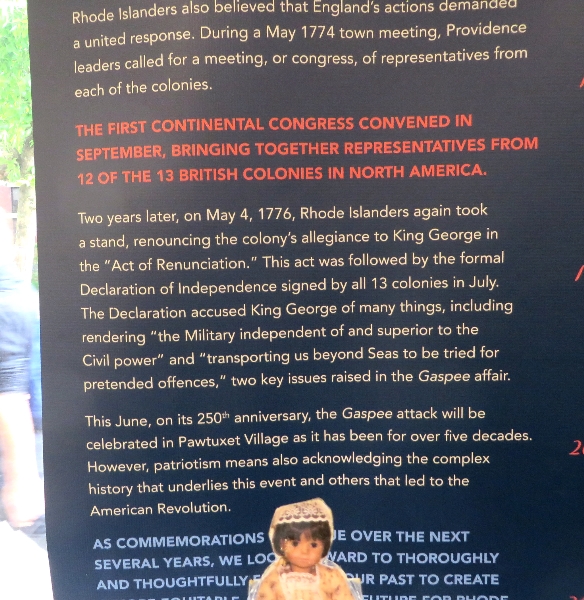
No comments:
Post a Comment